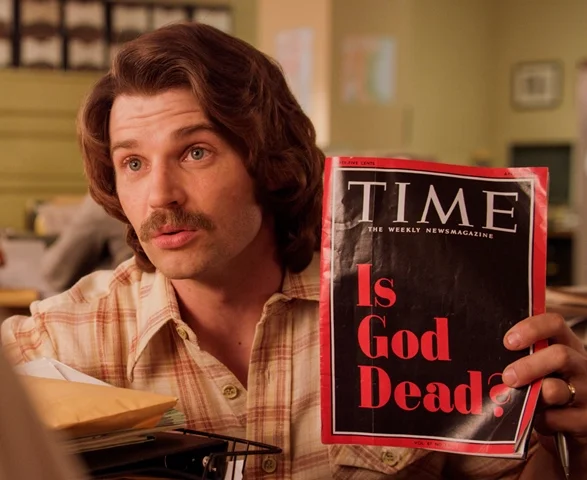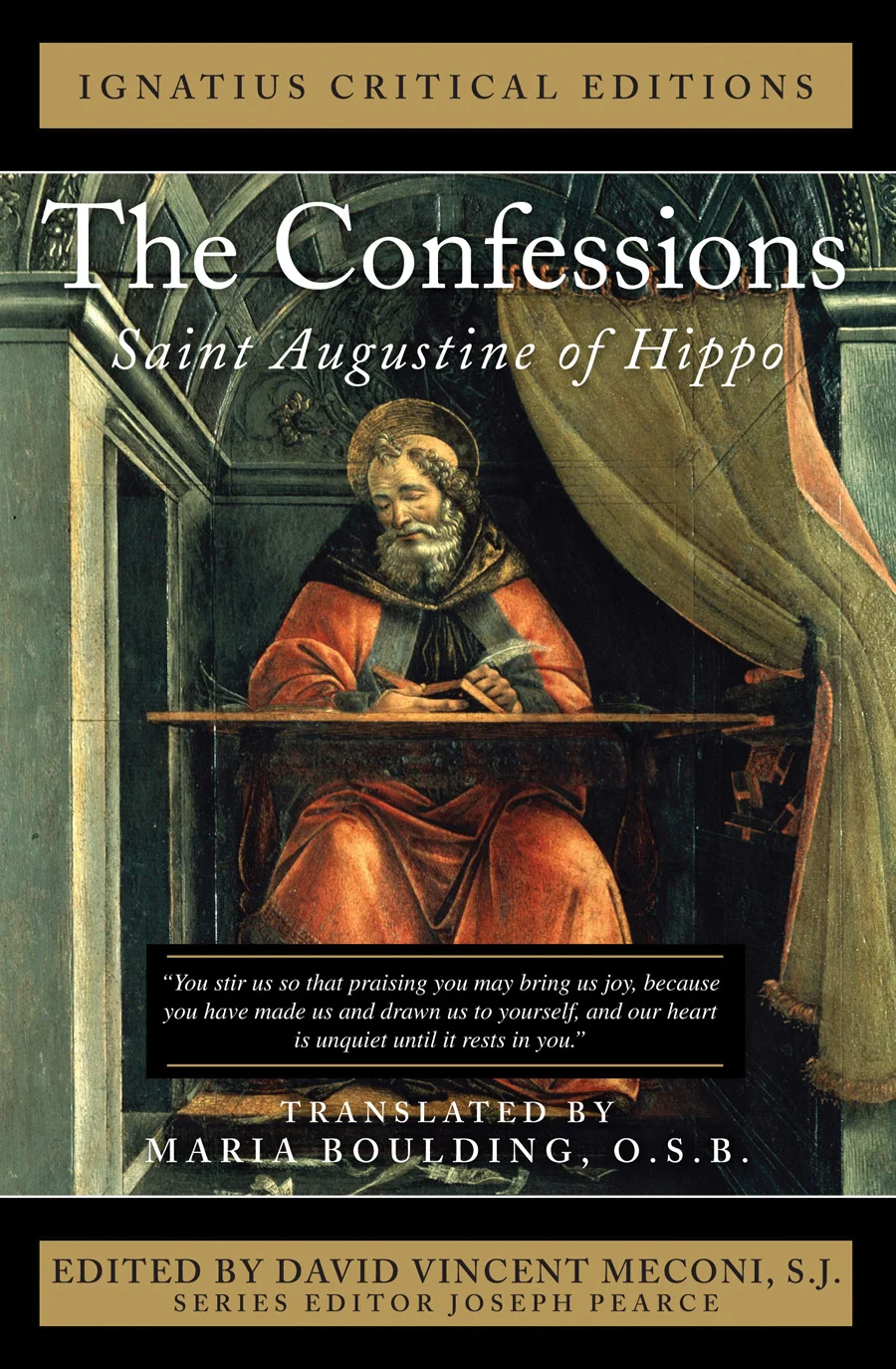Reporter Lee Strobel was investigating the story of his life and he knew it.
As legal-affairs editor at The Chicago Tribune, he had covered plenty of hot-button issues -- like abortion rights -- that required him to wrestle with the views of people on the "other side." Strobel knew what he believed, as an atheist committed to abortion rights and other liberal causes. But he knew -- as a journalist -- that he had a job to do.
"I grew up in the era of old-school journalism, when you really had to try be balanced and fair and accurate. You had to listen to what other people had to say," he said. "Besides, I knew that if I turned in a story with holes in it my editor would come down on me. He'd bounce that thing right back."
But this story was different. The person on the other side of this Strobel investigation was his formerly agnostic wife, Leslie, whose 1979 conversion to Christianity rocked the foundations of their marriage. Suddenly, their home contained a new set of expectations when it came to anger, alcohol, ego and workaholism.
"I was mad and I wanted my wife back," Strobel said. "I decided that the Resurrection was the key to this whole thing and I set out to prove it was all nonsense."
The result was 19 months of research and interviews with experts on both sides of centuries of arguments about the claims of Christianity. As a graduate of the famous University of Missouri journalism program, followed by a Yale Law School degree, Strobel worked through a library of classic texts by atheist and Christian scholars.
The result was Strobel's own conversion, a career shift into ministry and, in 1998, the first of his many books, "The Case For Christ." This year, that book evolved into a movie built on a screenplay by Hollywood veteran Brian Bird -- a former reporter. The indie film made a modest $15 million at the box office. Here is the surprise: It drew an A-plus rating from CinemaScore and 79 percent of Rotten Tomatoes ratings by critics were positive.
The key to many reviews was that journalism remained front and center in the story, creating what Variety film critic Joe Leydon called a cross between an a basic "investigative-journalism drama" and a "theological detective story."








